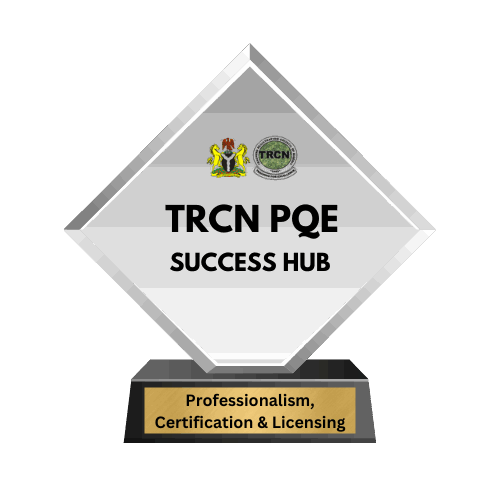National Policy on Education (NPE):
-
First published in 1977, revised multiple times (1981, 1998, 2004, 2013).
-
Based on the recommendations of the 1969 Conference.
Key Features:
-
6-3-3-4 system (transitioned now to 9-3-4)
-
Emphasis on technical/vocational education
-
Integration of religious, moral, and civic education
-
Inclusion of early childhood care, adult and non-formal education
Contemporary Challenges in Nigerian Education:
-
Inadequate funding
-
Poor infrastructure and learning resources
-
Teacher shortage and undertraining
-
Insecurity in some regions
-
Low digital literacy and limited access to technology
-
Examination malpractice and weak quality assurance
Recent Reforms and Innovations:
-
Digital education platforms (e-learning, virtual classrooms)
-
School feeding programmes
-
Curriculum reviews for skill-based learning
-
Enhanced TRCN professionalization drive
